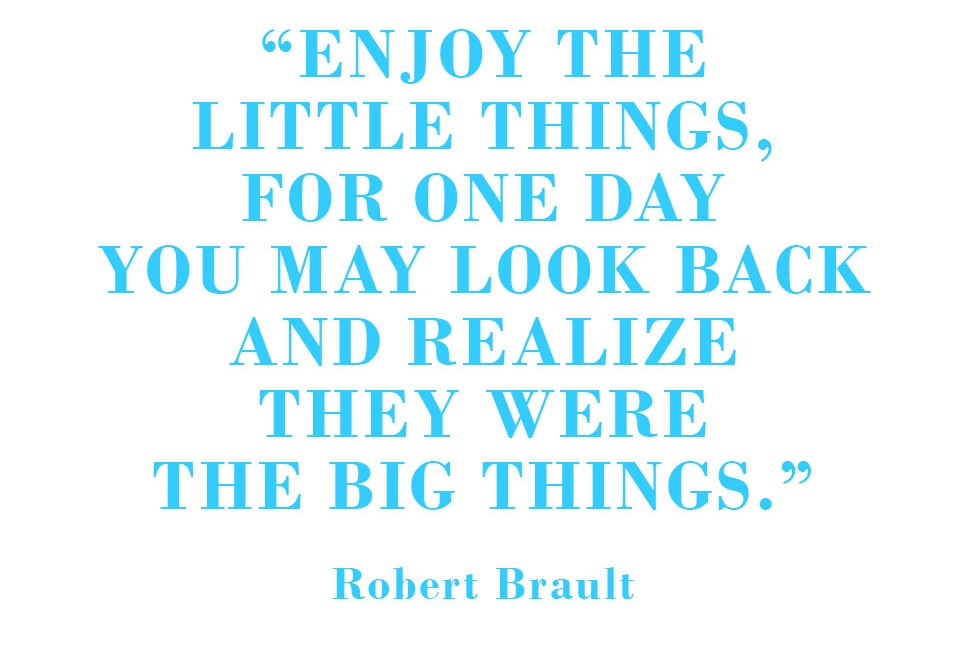Recent Posts
- Here’s An Event All Opera Lovers Shouldn’t Dare Miss
- The Best Tips To Start Planning That Group Trip To Australia (Part 2)
- The Best Tips To Start Planning That Group Trip To Australia (Part 1)
- Get Your Gang’s Funny Bones Working At The Melbourne International Comedy Festival
- Reasons Why Holding Your Next Business Event In Australia Is The Best Idea (Part 2)

